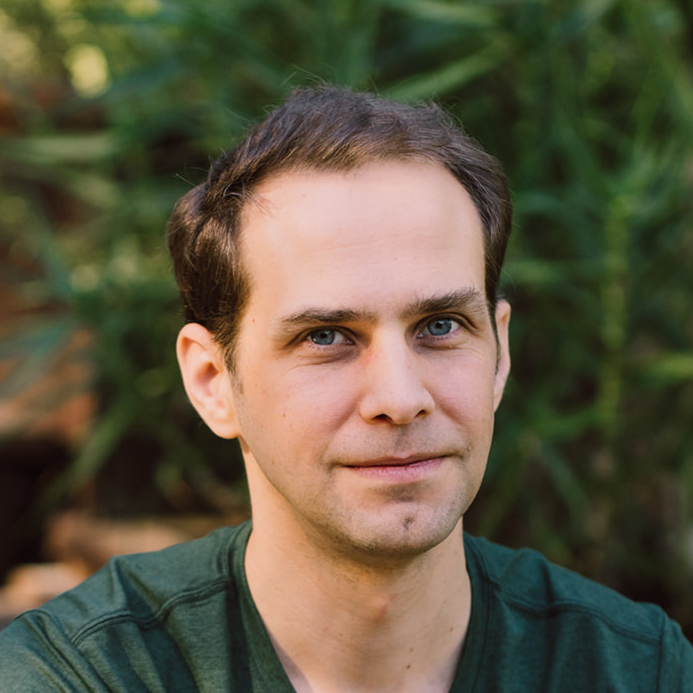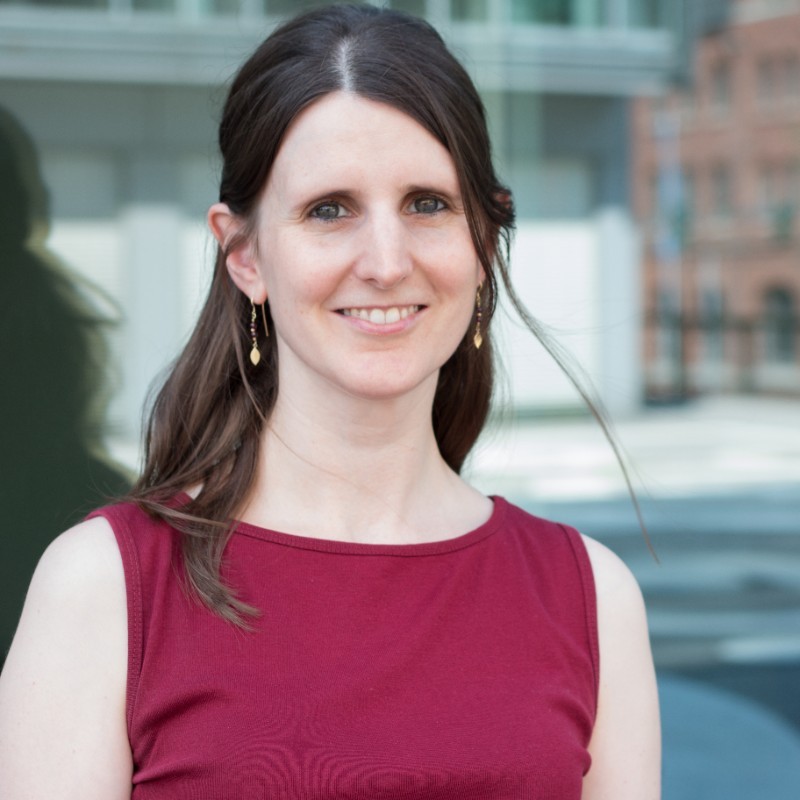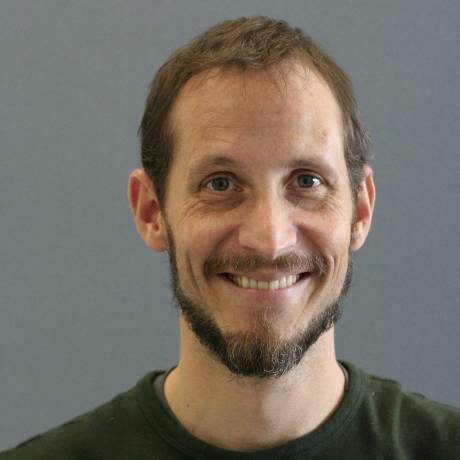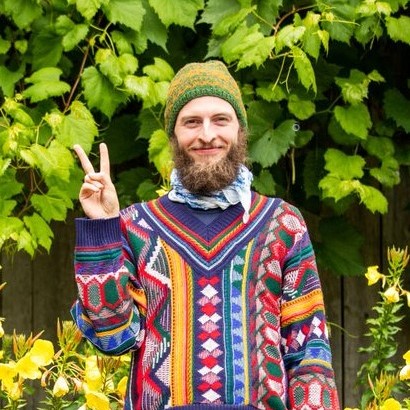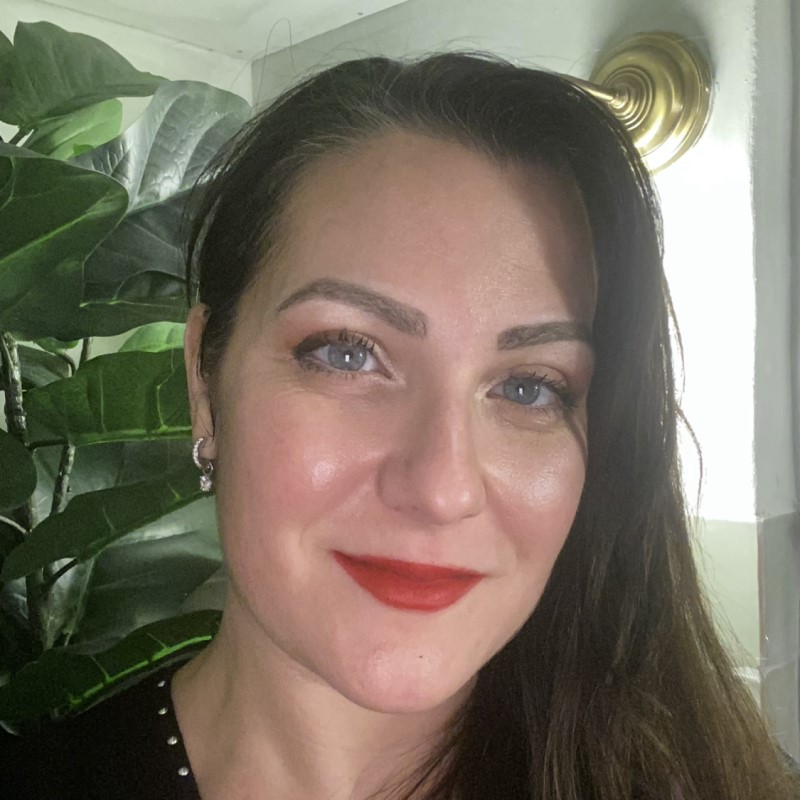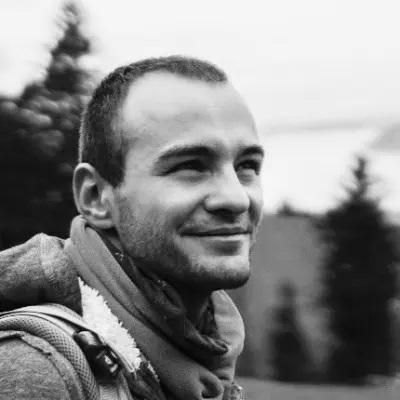Main content
Top content
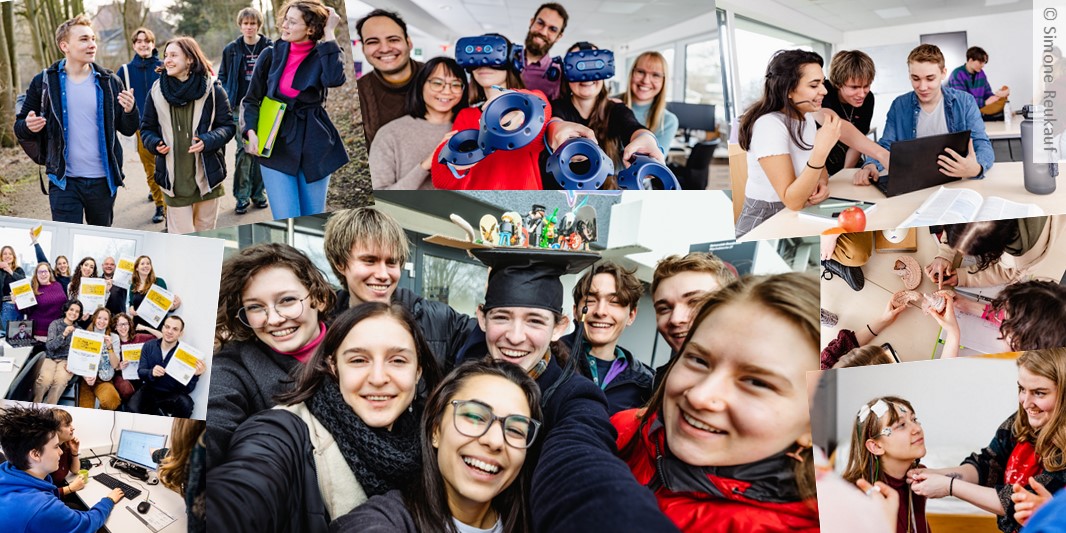
What is it like to study Cognitive Science in Osnabrück?
What do you particularly like about the degree program? What was something you learned to appreciate that you didn't know before starting your studies?
"Only when I started did I realize how great this place is: Very cool institute and amazing body of teaching persons (profs, PHDs, students who give courses without much obstacles holding them back), how cool the people studying it and from the institute actually are (I had a feeling about this when I first saw Coxis but it is even better with time), how much CogScis are supporting each other."
Top content
What about former students?
What do CogScis do after graduation? In which areas do they work? What do they value most about the degree program?
Maria Gartz
Senior consultant for change/transformation and internal communication
MPC, Hamburg
Benedikt Ehinger
Tenure-track professor Computational Cognitive Science
University of Stuttgart
More students' impressions :-)
What do you particularly like about the degree program? What has surprised you since you started studying?
"The offer of very interactive courses, in which we students ourselves engage in for example science communication: Practical Cognitive Science Communication, Data Ethics Outreach Lab, Brain Buzz."
"The CogSci-vibe :) so the open and diverse people studying Cognitive Science"
"I appreciate that the Cognitive Science study program in Osnabrück has quite a good reputation, good connections to industrial partners in education and research, well-connected student community, opportunity to participate in research during studies, and early publication (Stups initiative)"
"It was a total surprize to me: I did not expect the friendly supportive atmosphere and the good organization (e.g. lohra, discord channels/telegram groups for exchange about courses, life in osnabrück etc.) within the student body. Most of my Non-CogSci friends say that students in their program are not well connected, everyone is working for themselves or in small friend groups, the atmosphere is such that fellow students typically do not help out (for free) e.g. if one is stuck in a coding problem. In contrary to here: helping is taken for granted here."
"The hands on experience through the lab rotations and other similar practical experiences convinced me I was going to learn by doing and not simply by listening to theory for hours."
"That I can do literally everything in any field and that one can focus on one specific topic out of a huge variety. And that one is very closely connected to the lecturers"

